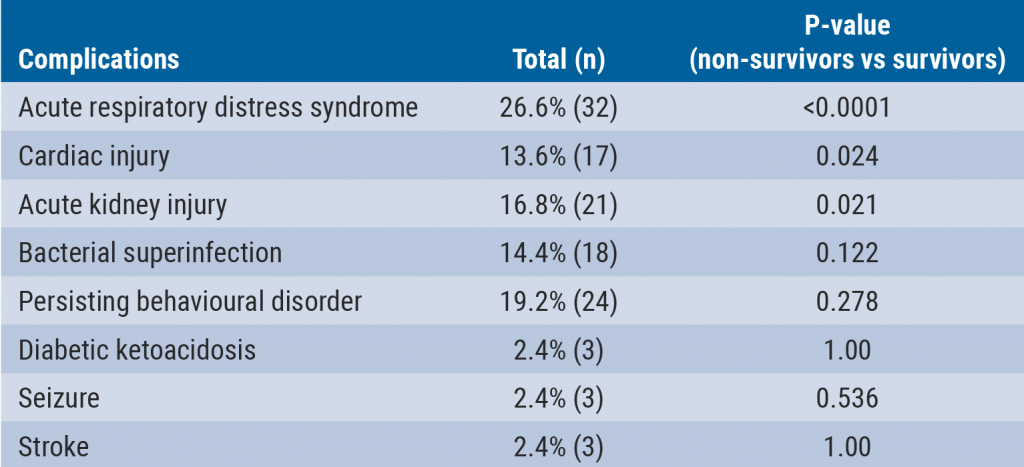"We showed that there is no evidence of a higher risk of COVID-19-related death associated with routine use of non-steroidal anti-inflammatory drugs," Dr. Angel Y. S. Wong of the London School of Hygiene and Tropical Medicine told Reuters Health by email.
Nearly 11 million NSAID prescriptions for relief of pain and inflammation have been issued over the past 12 months in England, Dr. Wong and colleagues note in Annals of the Rheumatic Diseases. And many, including aspirin and ibuprofen, are available over the counter.
However, based on unpublished reports of the effects of ibuprofen, French authorities recommended that NSAIDs be avoided in patients with COVID-19. This led to a directive by the U.K. National Health Service that paracetamol (acetaminophen) should be used in preference.
"It was postulated that NSAIDs might delay diagnosis and thus clinical care by masking the symptoms of a worsening infection," Dr. Wong and colleagues write.
Subsequently regulators in the U.S., U.K. and European Union deemed that use of NSAIDs for the management of chronic diseases should continue but that further investigation was needed.
To help do so, the researchers examined data on more than 17 million patients in England, identifying more than 536,000 people in the general population who had received a NSAIDs prescription in the four months prior to study start. They compared these individuals with 1.9 million others who had not received NSAIDs during that period.
Current users were generally older and had more comorbidities. However, in a multivariable adjusted model there was no evidence of a difference in risk between groups for COVID-19-related death (hazard ratio, 0.96; 95% confidence interval, 0.80 to 1.14).
The team then examined data on more than 708,000 people with rheumatoid arthritis or osteoarthritis (RA/OA), of whom more than 175,000 were NSAIDs users. After adjustment, the risk of COVID-19-related death was slightly lower among current NSAID users in these patients (HR, 0.78; 95% CI, 0.64 to 0.94).
Other analyses comparing different types of NSAIDs, among them naproxen and ibuprofen, also showed no differences.
In light of these findings, concluded Dr. Wong, "people currently prescribed NSAIDs for their long-term conditions (including rheumatoid arthritis and osteoarthritis) should continue their NSAIDs treatment as part of their routine care."
SOURCE: https://bit.ly/3jc8RwQ Annals of the Rheumatic Diseases, online January 20, 2021.
By David Douglas
Posted on
Previous Article
« Rifaximin may prevent hepatic encephalopathy after TIPS placement for cirrhosis Next Article
Personal neoantigen vaccine prompts lasting response in melanoma patients »
« Rifaximin may prevent hepatic encephalopathy after TIPS placement for cirrhosis Next Article
Personal neoantigen vaccine prompts lasting response in melanoma patients »
Related Articles

August 18, 2021
Severe outcomes of COVID-19 in patients with dementia
© 2024 Medicom Medical Publishers. All rights reserved. Terms and Conditions | Privacy Policy
HEAD OFFICE
Laarderhoogtweg 25
1101 EB Amsterdam
The Netherlands
T: +31 85 4012 560
E: publishers@medicom-publishers.com

